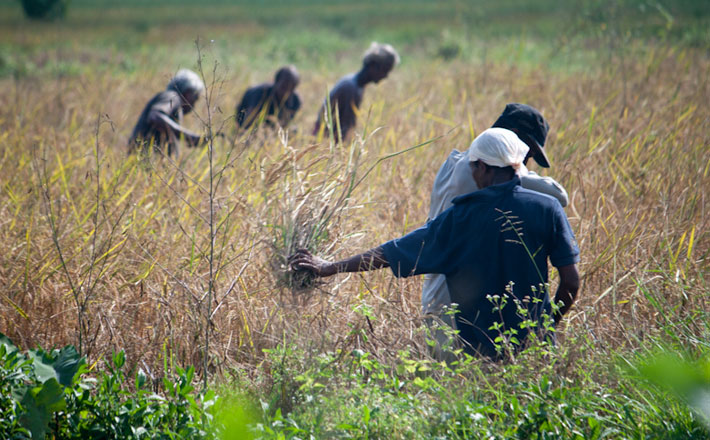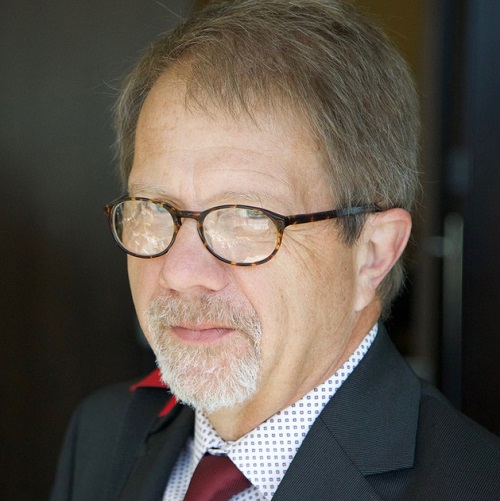Commentary on Psalm 145:1-8
Remembering someone, remembering important events in life, and just the act of remembering has a way of bringing the past into the present.
I close my eyes and remember an event and before I know it I am transported in my mind’s eye to that event as if it were in the present. I can feel the event and sense memories associated with it coursing through my body. I can hear the sounds that were present — deceased family member’s voices. I smell the fragrances permeating the space from flowers turned to dust decades ago. In my mind’s eye I see the colors and shapes of objects and living plants that have changed or disappeared over time. And I can sense the feel of textures running though my fingers and feel the earth beneath my feet, and almost taste the event as if it were in my present experience rather than something that happened long ago. The human mind can transport us to places where we once were for brief moments and we can experience that day, those indelible moments, all over again. It is a gift that accompanies being human.
In Psalm 145 the writer breathes an air that is dense like fog and bright as a welder’s torch. The poetry is thick with the unwritten experiences of the writer. It is the utterances of one who has experienced difficult life situations that reflect more keenly on the activity of God in the writer’s life. It is the one who has had close brushes with the threat of death who can witness to something greater than one’s own life or experiences of life. Those who are well acquainted with the trials of living know something that those who have not experienced them cannot quite comprehend or understand.
The depth of God’s activity in one’s life transcends the crisis of cancer, the trauma of physical and emotional violence, and the difficulties of living with physical maladies. The Psalmist reminds readers of what they may already know. God is ruler. God is worthy of praise because God has made all that is and will ever be. God has formed the molecules that make up the cells and systems of a human body. God has created the trillions of bacteria that live in human intestines and the microbes that travel over our skin and lick our eyes as we sleep.
The Psalm functions in part like a dance of poetry in motion. The theological ruminations of the writer swirl, leap, tap, and bend like trees in the wind. The movements at times are like a blurry image that sweeps past too quickly for one to make out the details. It is like an Indianapolis 500 racecar that flies past one’s viewing location at over 200 miles per hour. You know the car is there, but the details are difficult to discern. What is the measure of God’s greatness? No one can discern it. Yet something can be said about it since there are traces of it in history, creation, and human experience.
The power of the writer’s poetry is that it doesn’t define everything like a math equation or narrative prose. It leaves holes for the imagination to fill and provides mounds on which readers can stand to see further than they could by standing on flat ground. The phrase “one generation commends your works to another” carries with it a great crowd of comments. It evokes in my mind my grandparents’ generation of upper Midwestern farmers who were primarily second-generation Norwegian immigrants whose theology was steeped in the Lutheranism of the home country from which their parents emigrated. That generation’s reflections on the activity of God were passed on to my parents who then combined them with their own perceptions about the activities of God. I in turn took their amalgamation of theological musings and passed them on to my children. The string of stories weaves back and forth like a large tapestry shaped on the loom of experience. There is not one story that doesn’t touch another. Each one feels the threads and carries the traces of hands that wove them together. Indelible marks are made as God’s activity is discerned and they are carried forward in stories so that subsequent generations might weave them with their own.
The writer of Psalm 145 conveys a theology that is steeped in historic reflection and communal experience. It provides hearers and readers with a profile page of sorts about the nature of God who is worthy of praise. God’s greatness is beyond measure. God’s activity has been in favor of the people of God. God abounds in mercy and love. God works are forever worthy of meditation. This psalm’s poetry is like midnight water lapping at the edges of the lakeshores of something we know, but can’t quite make out. Yet we can discern something.
Artists are taught in their formal training to be attentive to everything and to the smallest of details. They are invited to think about the hundreds of insects, thousands of blades of grass, and millions of microbes in a single square foot of ground. To draw that one square foot takes patience and attention. It requires a willingness to reflect on what is there and what isn’t there. As one begins to see the patterns of growth, the movement of insects, and watch the ways by which the grass moves as wind flows across it, they can begin to discern how to draw that which is before them. Like an Andrew Wyeth painting the honing of a capacity to see carries with it more than just reproduction of what is there. It involves inner drawings that are crafted at the same time as that which is sketched on a page.
The practice of drawing can be an exercise of praise to God as one reflects on the one’s life stories, ponders the splendor of God’s created world, and considers the possibilities of God’s activity in the present. Every time I read the phrases of this psalm I am transported to places of reflection about the creative activity of the artist God who still creates today. This brings forth praise.


September 24, 2017